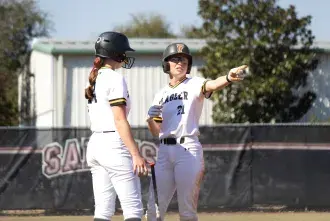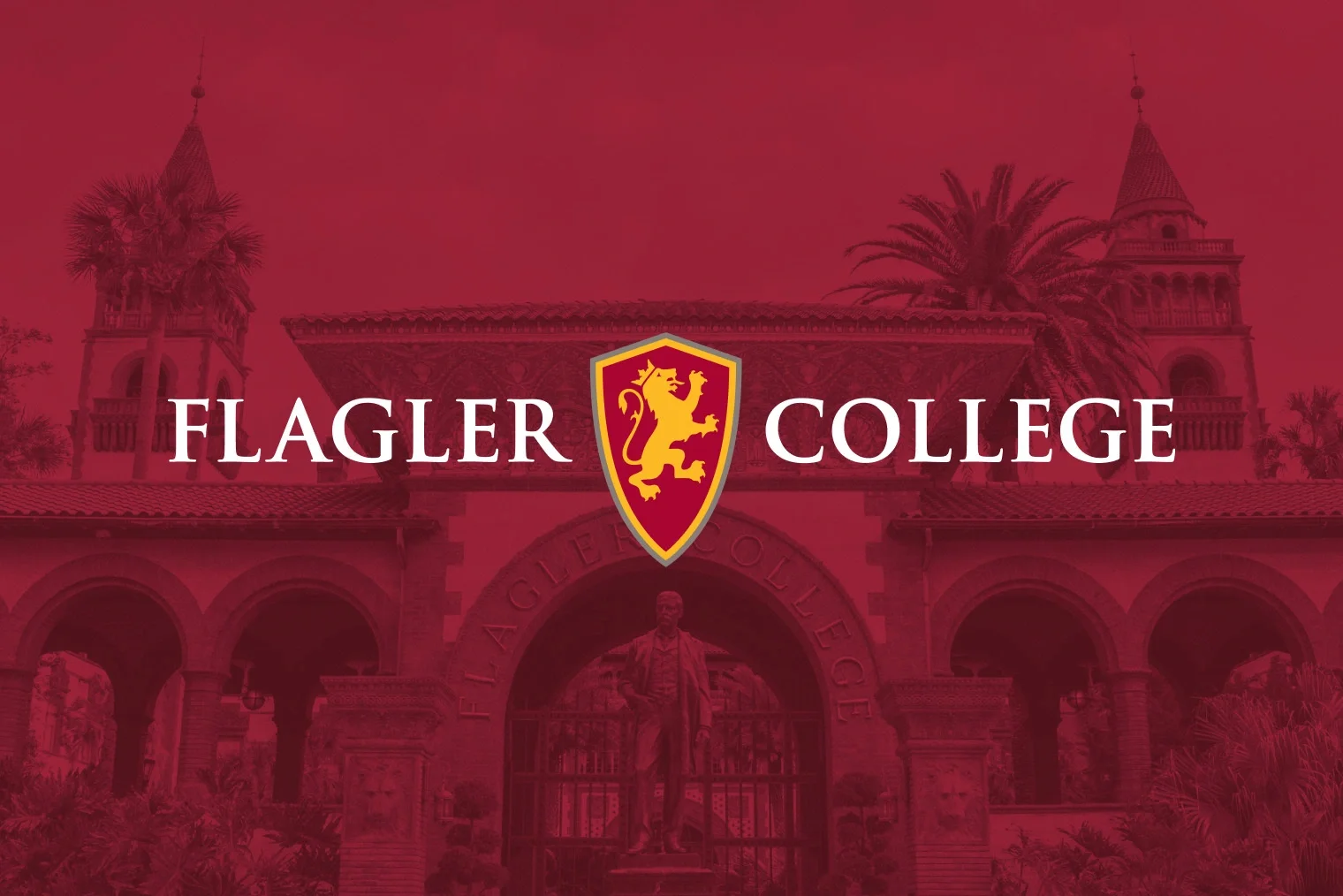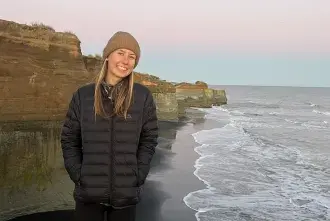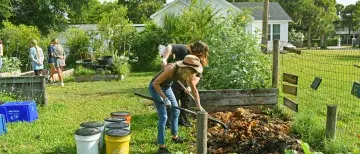
Carrie Grant, Flagler's Mathematics and Computer Information Systems department chair, knew she wanted to lead a FlagSHIP experience but was having trouble framing a course idea around her expertise in mathematics. Broadening her scope, Grant thought more comprehensively about her passions outside academics and landed on sustainable food sourcing and eco-tourism.
"My passion is the idea of knowing your farmer, how they're farming, and how your [food] choices are going to affect your community, your health, and the environment," Grant said.
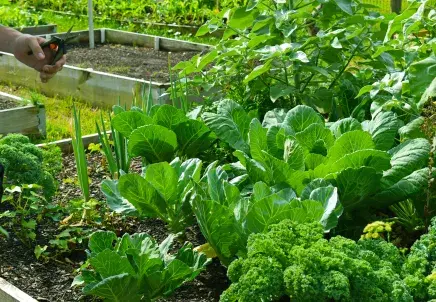
As a long-time resident of St. Augustine, Grant said she visits the farmer's market every Saturday and buys "as much produce as [she] can from the local farmers." This routine got her thinking, "You know what? Students don't know enough about this stuff."
By the time sophomores in Grant's "Farm to Table" FlagSHIP completed their two-week Maymester, they had visited four local farms, The Feed Mill, and the Indianhead compost facility. These visits to regional operations weren't simply tours; they immersed students in organic farming techniques.
For example, on the FlagSHIP's first day trip to The Feed Mill and Natural Springs Dairy, the students got to volunteer with local farmers, watch a food production facility at work, and taste the difference that fresh ingredients make.
"The pizza they made for us at The Feed Mill with fresh organic ingredients, it was the best pizza I've ever had," one student said.
On the following day's trip to Frog Song Organics Farm in Alachua County, the students shared a lunchtime meal with the farmers after a morning of digging up potatoes by their side.
"We got a chance to chat with them, and then [the owner] took us on a tour and talked about regenerative agriculture, which is something that I learned a lot about before this class," Grant said.
Owner of Frog Song Organics, John Bitter, also spoke to the students about their farm's mission to provide nutritious foods to the local community.
"It's not that people don't want to eat healthy, it's not that there's not enough food; It's that they can't get to the food or can't afford the food." Grant said.
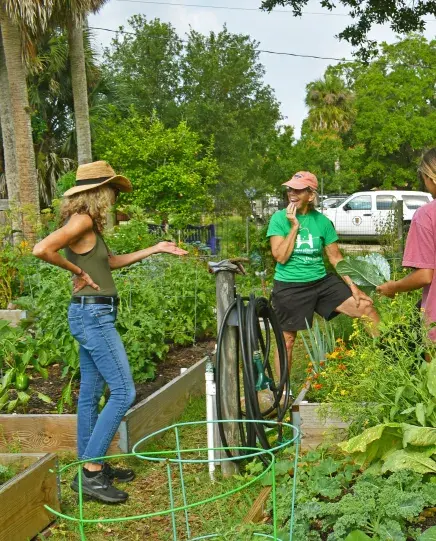
During their visit to the Compassionate St. Augustine Gift Garden in Lincolnville the following day, Grant was recounting Bitter's talk on the subject of nutritious food accessibility with garden volunteer Nancy Murphy.
Murphy agreed that it's all about access. She pointed out cost as a barrier to nutritious food, saying it's "very rarely affordable." But Murphy also talked about the walkability of grocery stores as a huge factor in whether someone can access nutritious food. In food deserts, she said the places people can walk to "typically are places that carry the least nutritious foods."
Compassionate St. Augustine's community garden in Lincolnville is one of four Gift Gardens they established in town. They each partner with a fellow non-profit, Epic-Cure, to distribute their harvested produce around the city.
"It's been one of those truly mutually beneficial partnerships," she said. "When we get our produce over to Epic-Cure, they get it distributed into the hands of the people who are really experiencing food insecurity."
Urban community gardens are just one sustainable solution to food access that Grant shed light on for her students. Following their visit, Grant and her students took produce back to the Lewis kitchen for a group-cooked meal.
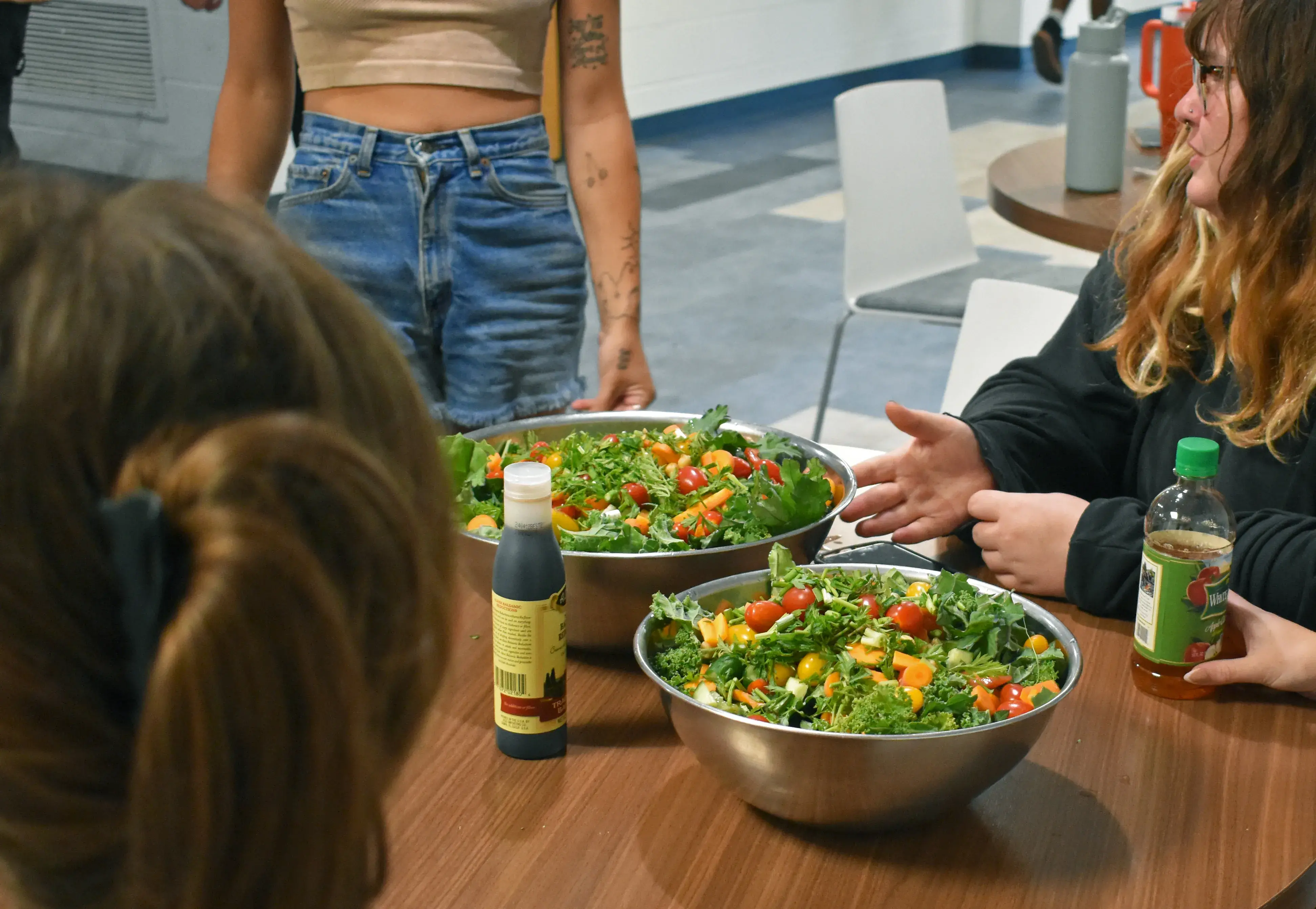
"All of this was right in our backyard," one student said about the Gift Garden. "The fact that people are actually out there supporting our community... it's nice to see that."
But exposing students to the regional farms surrounding St. Augustine was a focus for Grant in developing this FlagSHIP. She said her students "were amazed" at the wealth of sustainable food production occurring in the area.
Bringing the course full circle, the final day centered around a visit to The Floridian Restaurant, where they learned from the co-owner about their farm-to-table practices. After noticing a gap for casual farm-to-table restaurants in St. Augustine, Flagler alumni couple Genie and Jeff McNally opened the restaurant in 2010.
"Without sounding self-congratulatory, we were one of the first, if not the first, farm-to-table restaurant [in St. Augustine]," Jeff McNally ('08) said.
It was a movement where he saw value in being a pioneer among local restaurateurs.
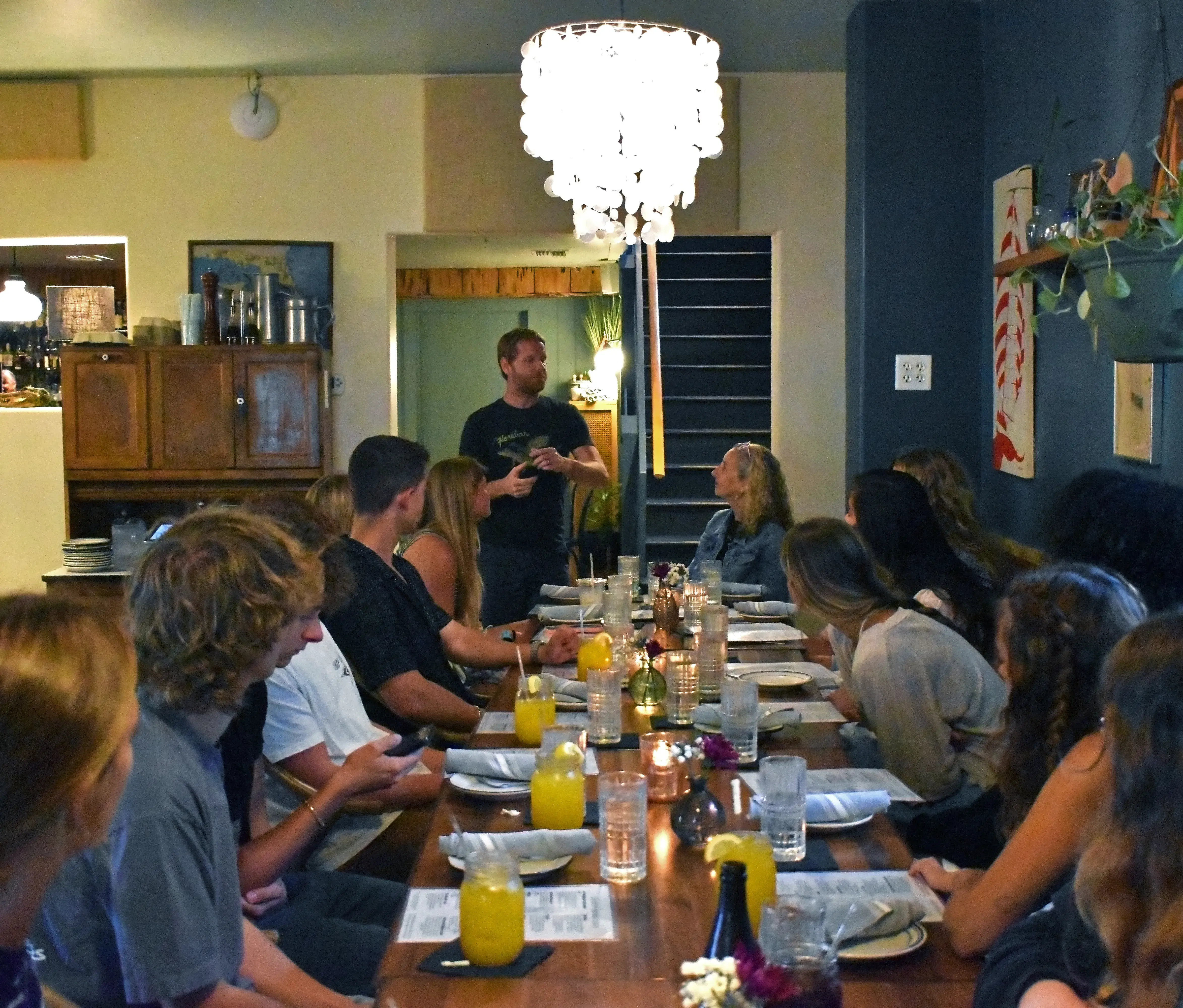
"Mainly- food is important to us," McNally said. "That's always been our motto. Not just important, it's important where it comes from, how it's grown, and how it's treated from there to here. We believe that it ties together a lot of different social, economic, and political implications."
Not only is sustainably sourced produce a priority for the Floridian, but McNally has also developed strong relationships for the seafood and meat they prepare. For example, his early farmer's market loyalty to CartWheel Ranch Meats was the foundation for a fruitful partnership.
"[The owner] was able to scale up her business literally due to our sourcing of her beef and her pork," McNally said.
Grant told McNally the Floridian's website, which lists the farmers they source from, was a helpful resource as she was planning the visits for this FlagSHIP.
"Fresh food, local food tastes better," McNally said. "That's from a restaurant perspective. It's probably the most important part. You can take all the ethics out of it if you want, but we don't."
